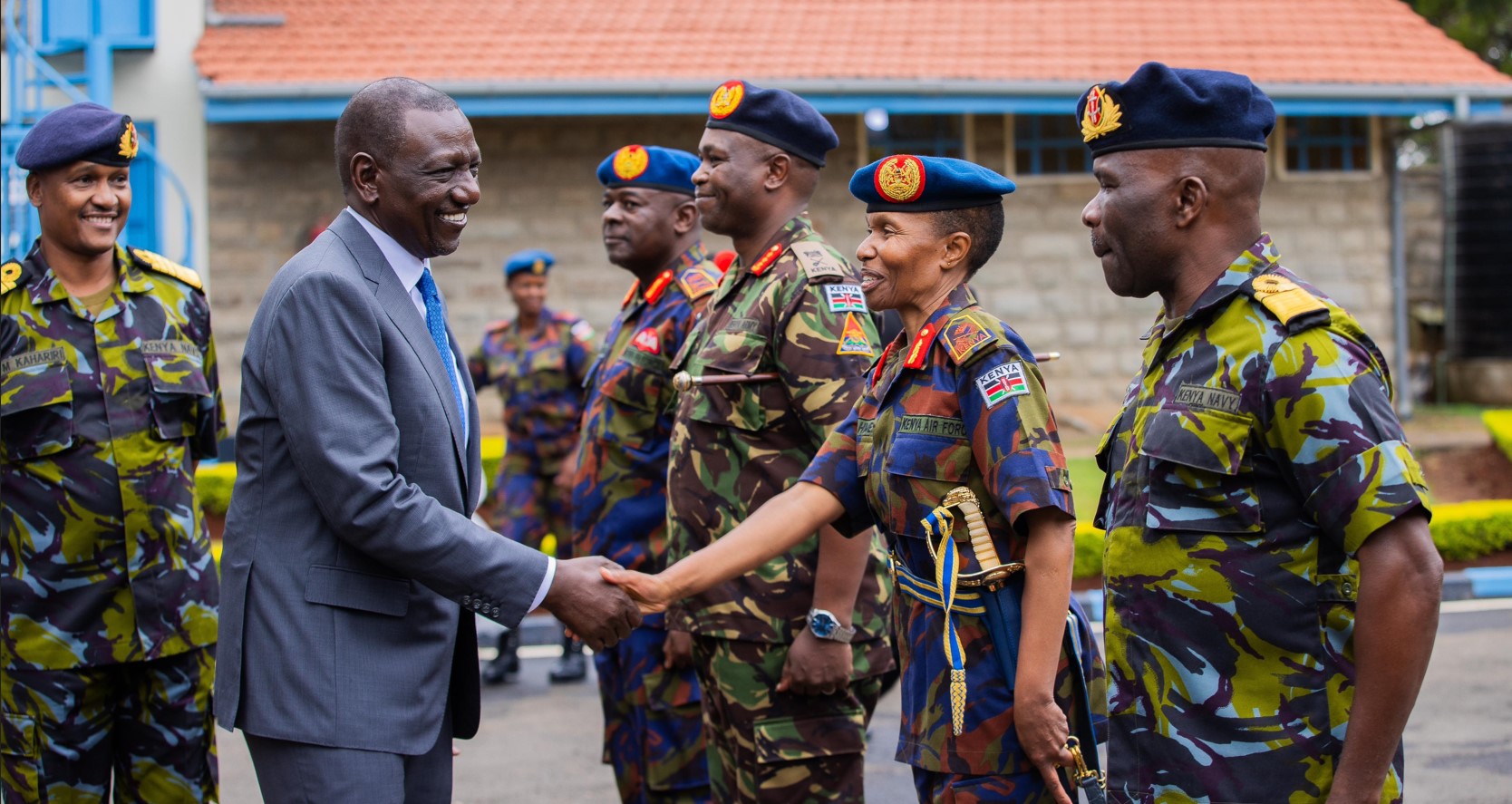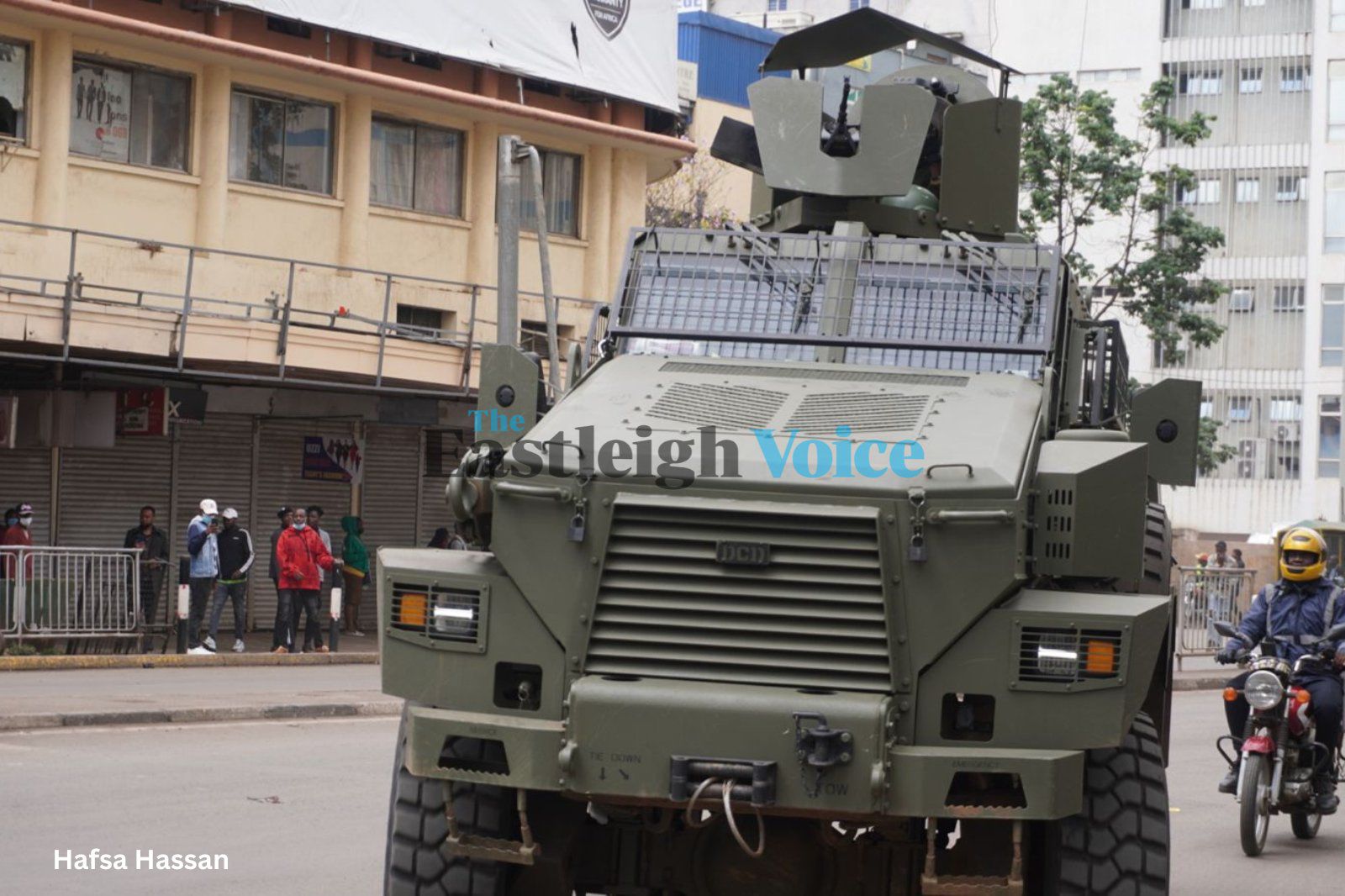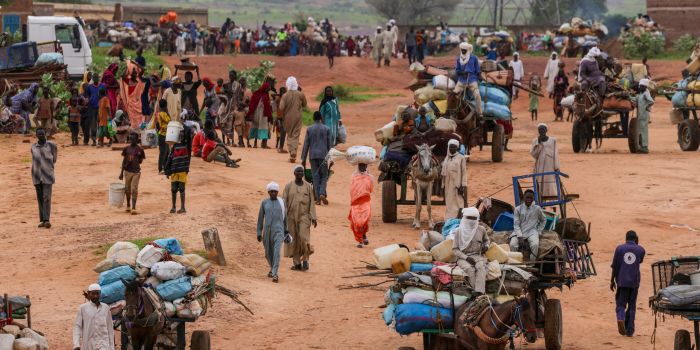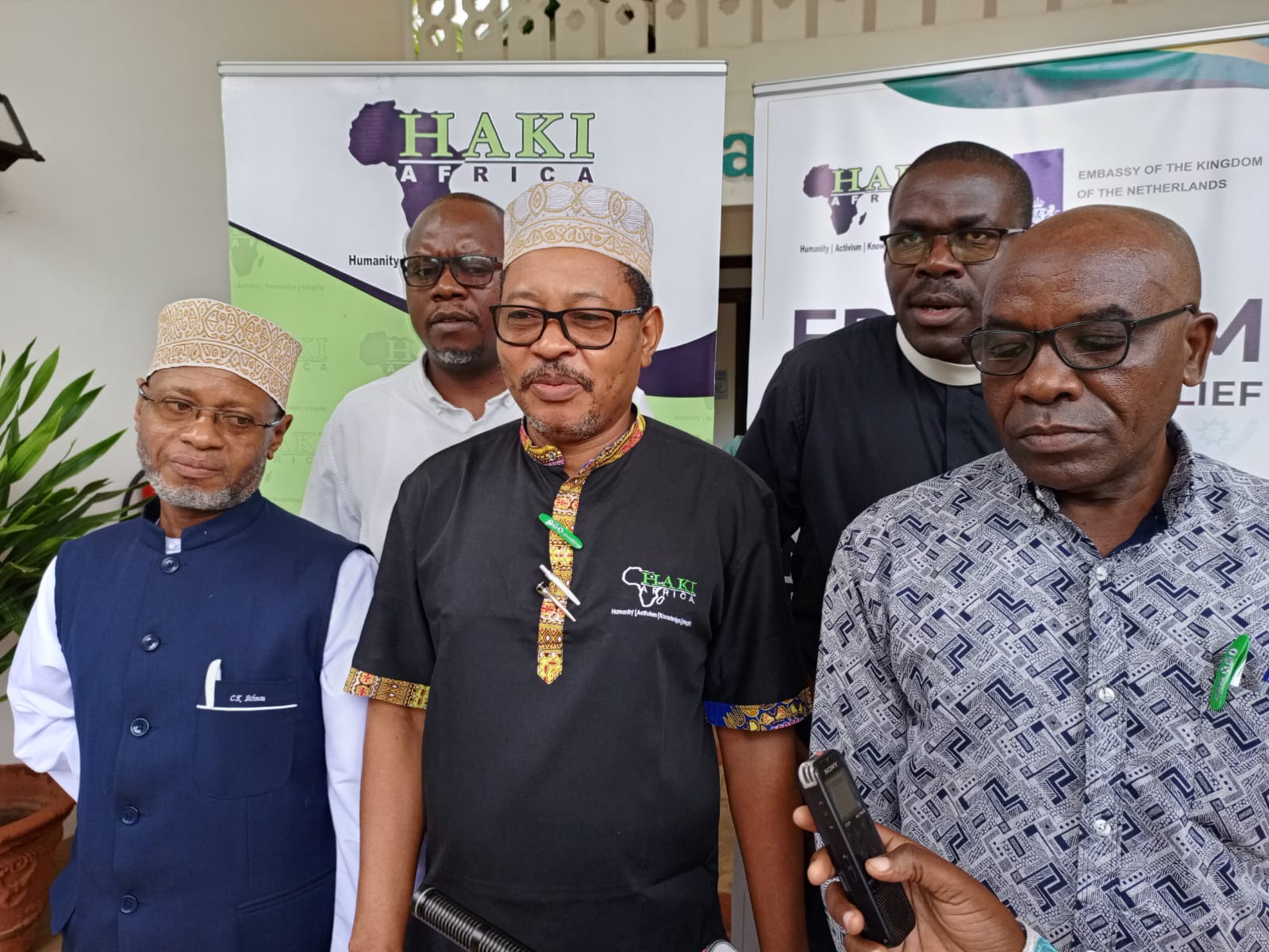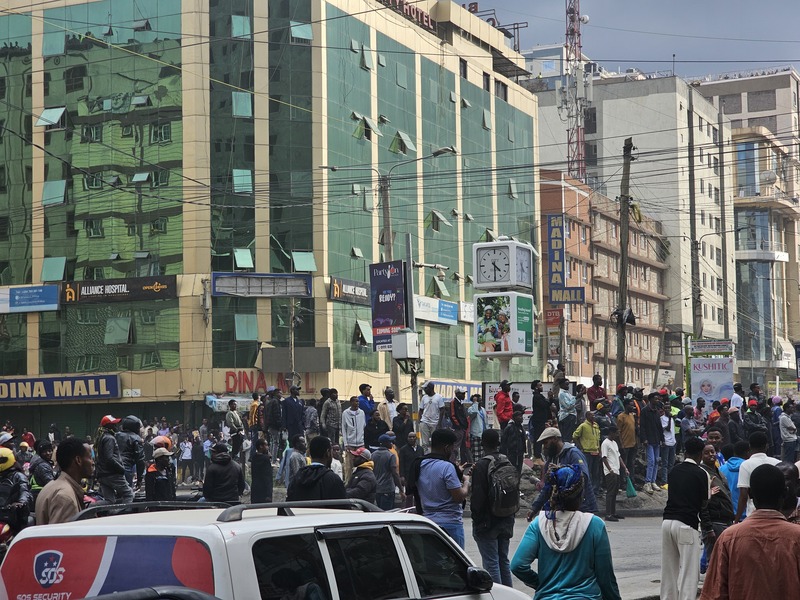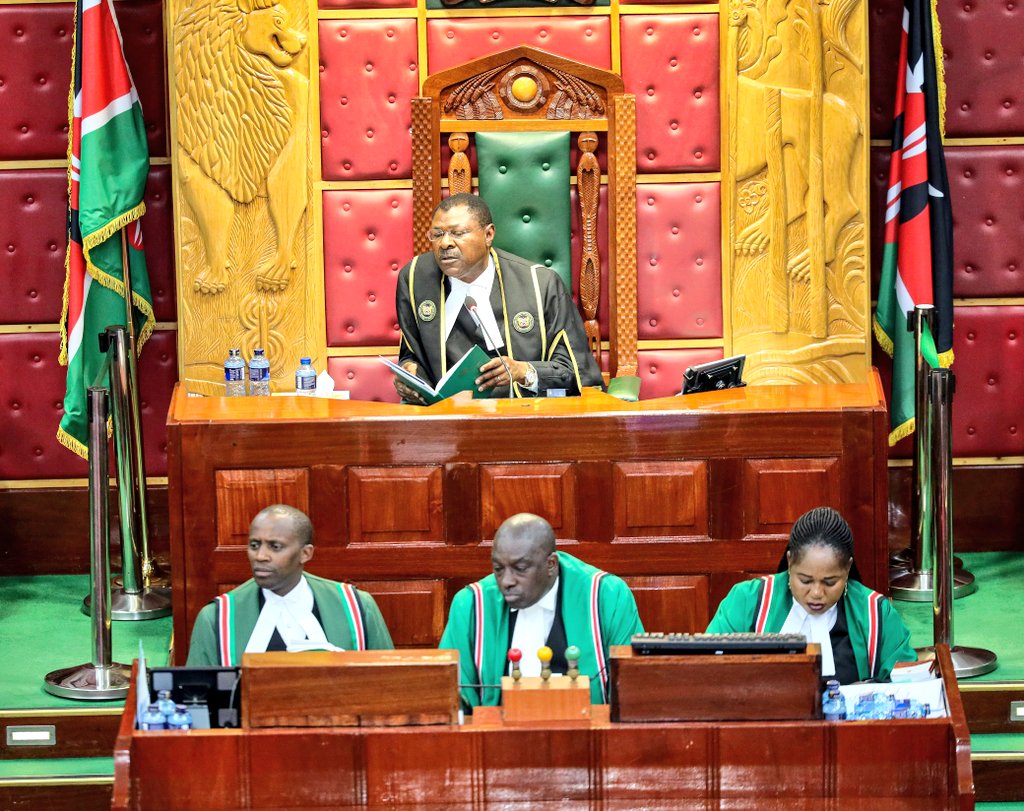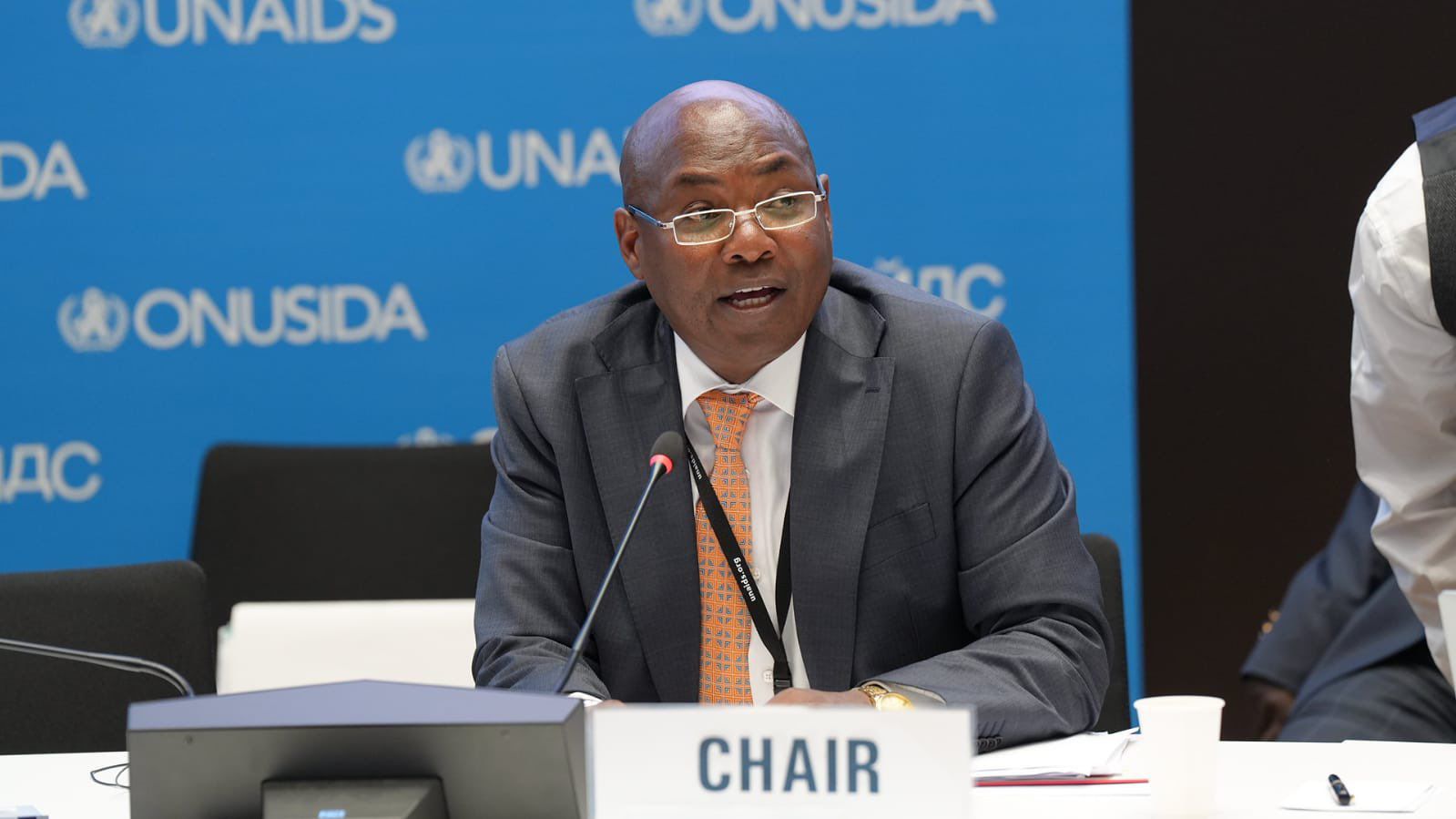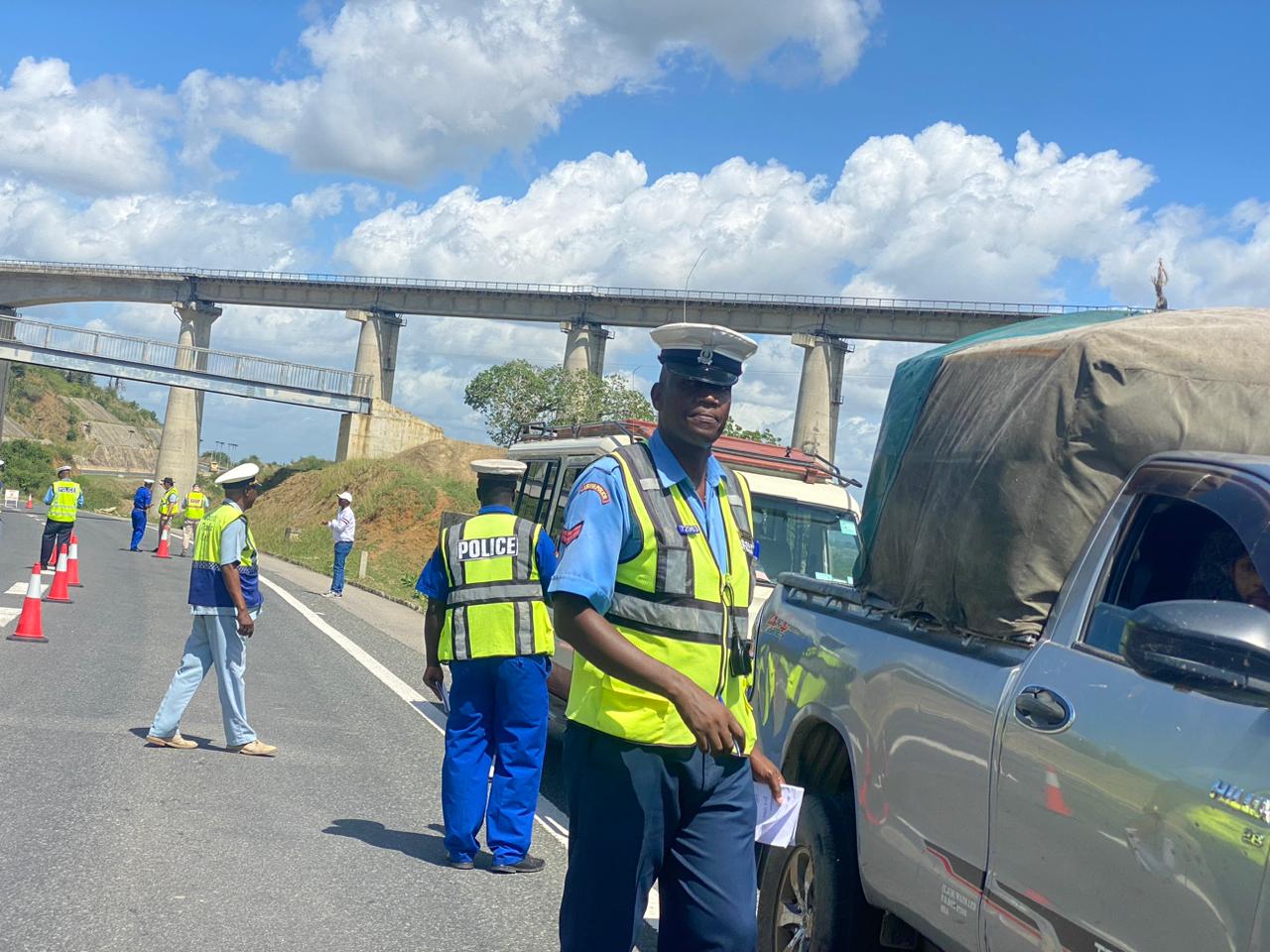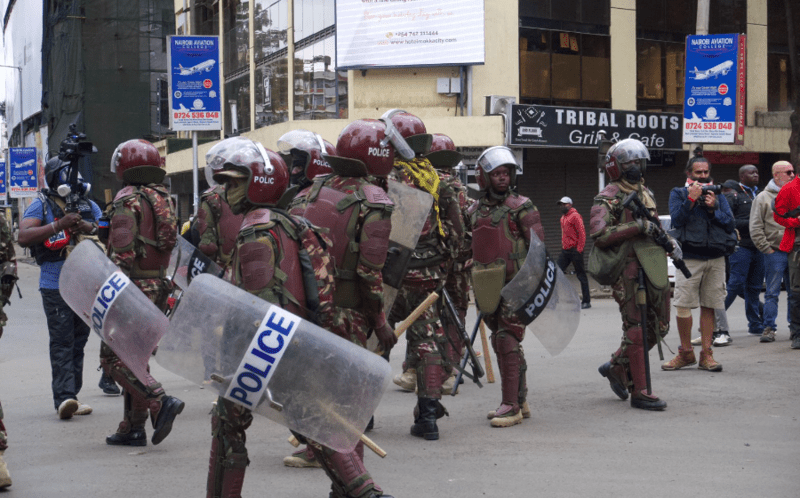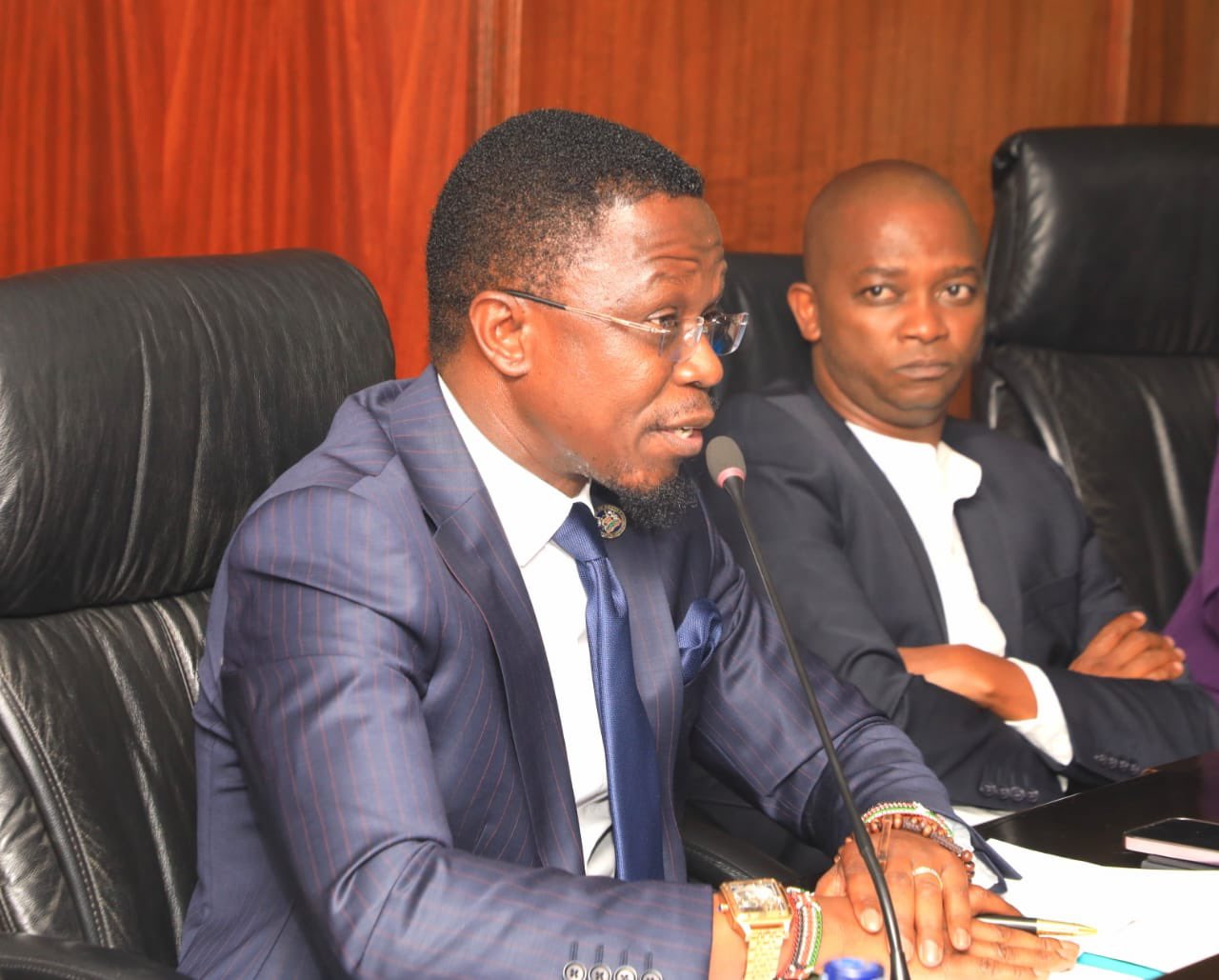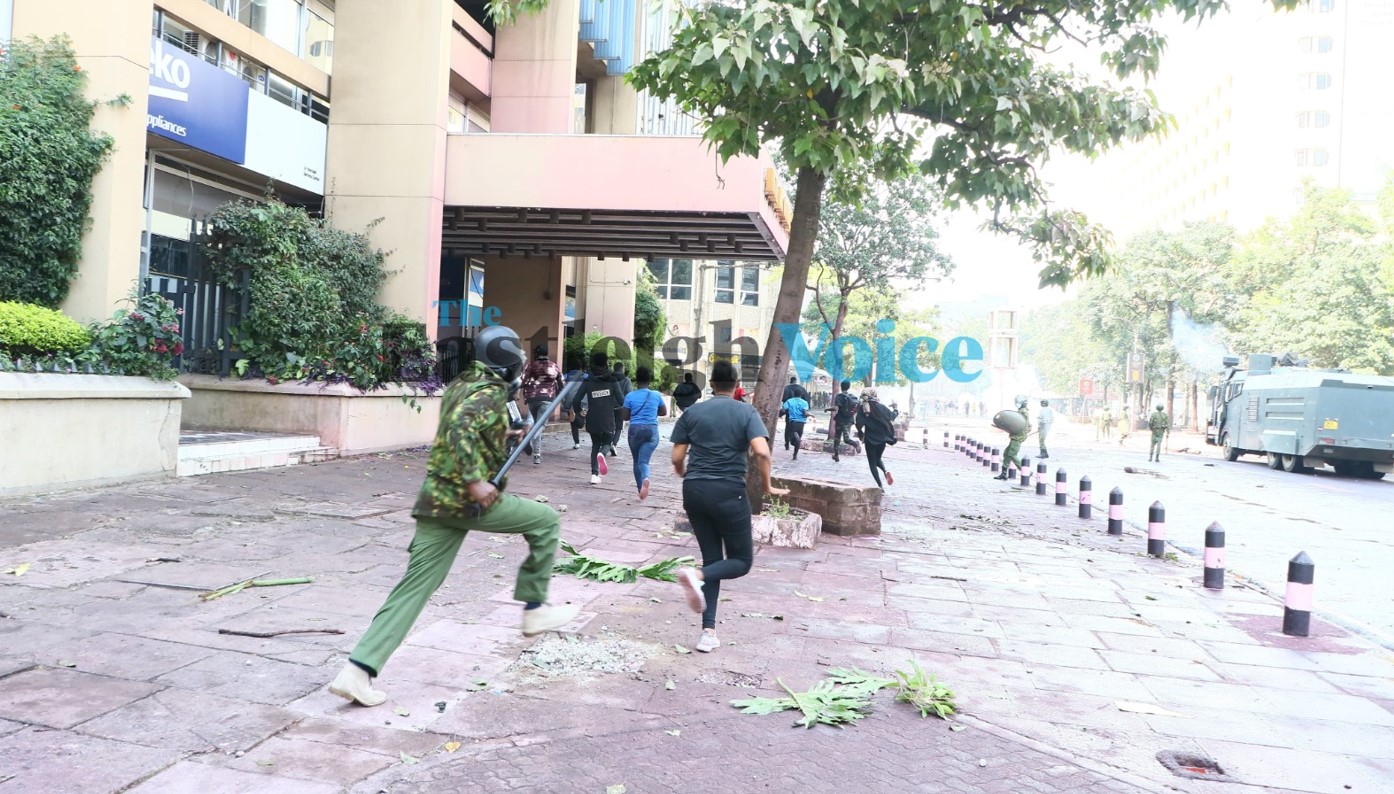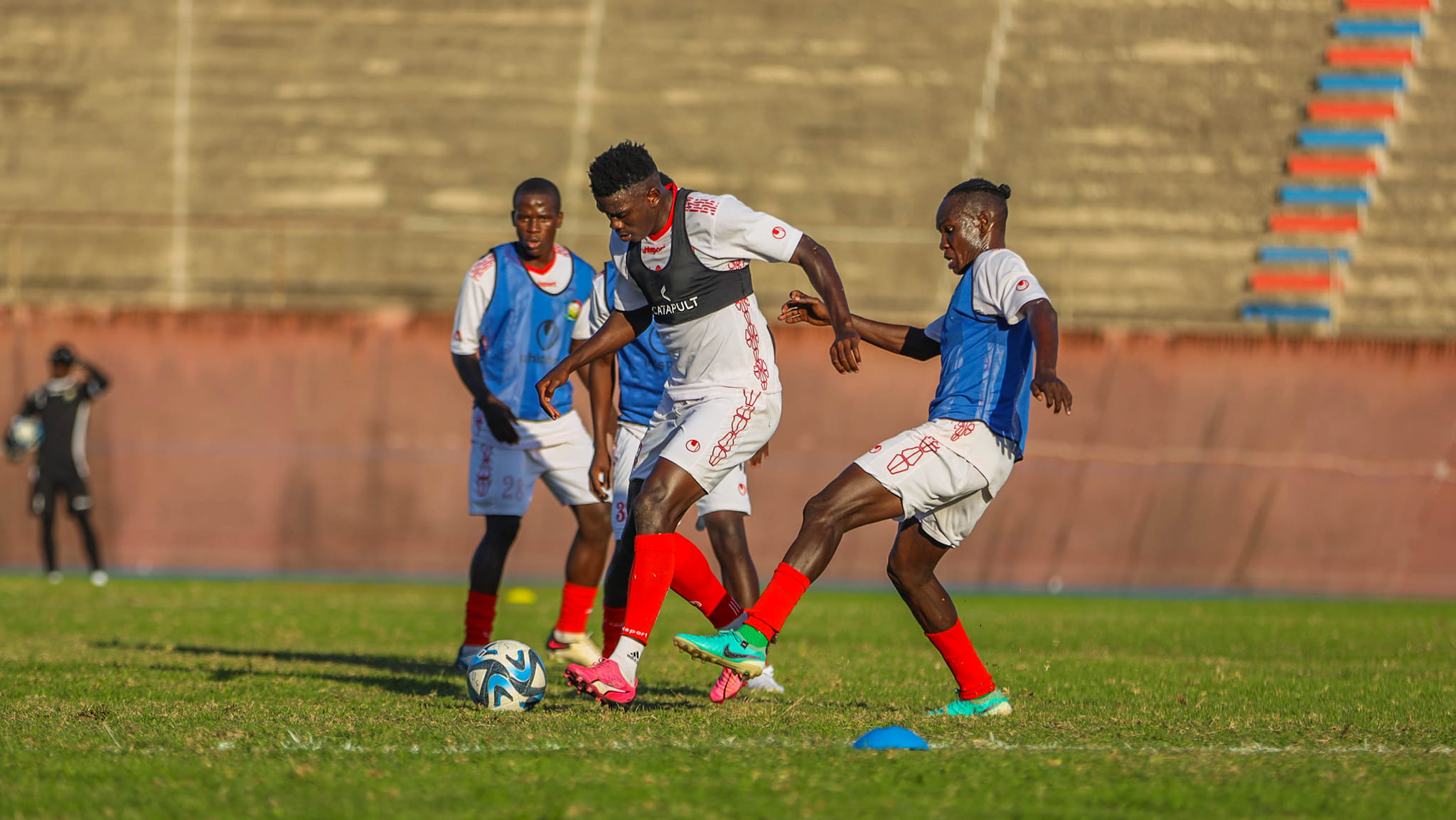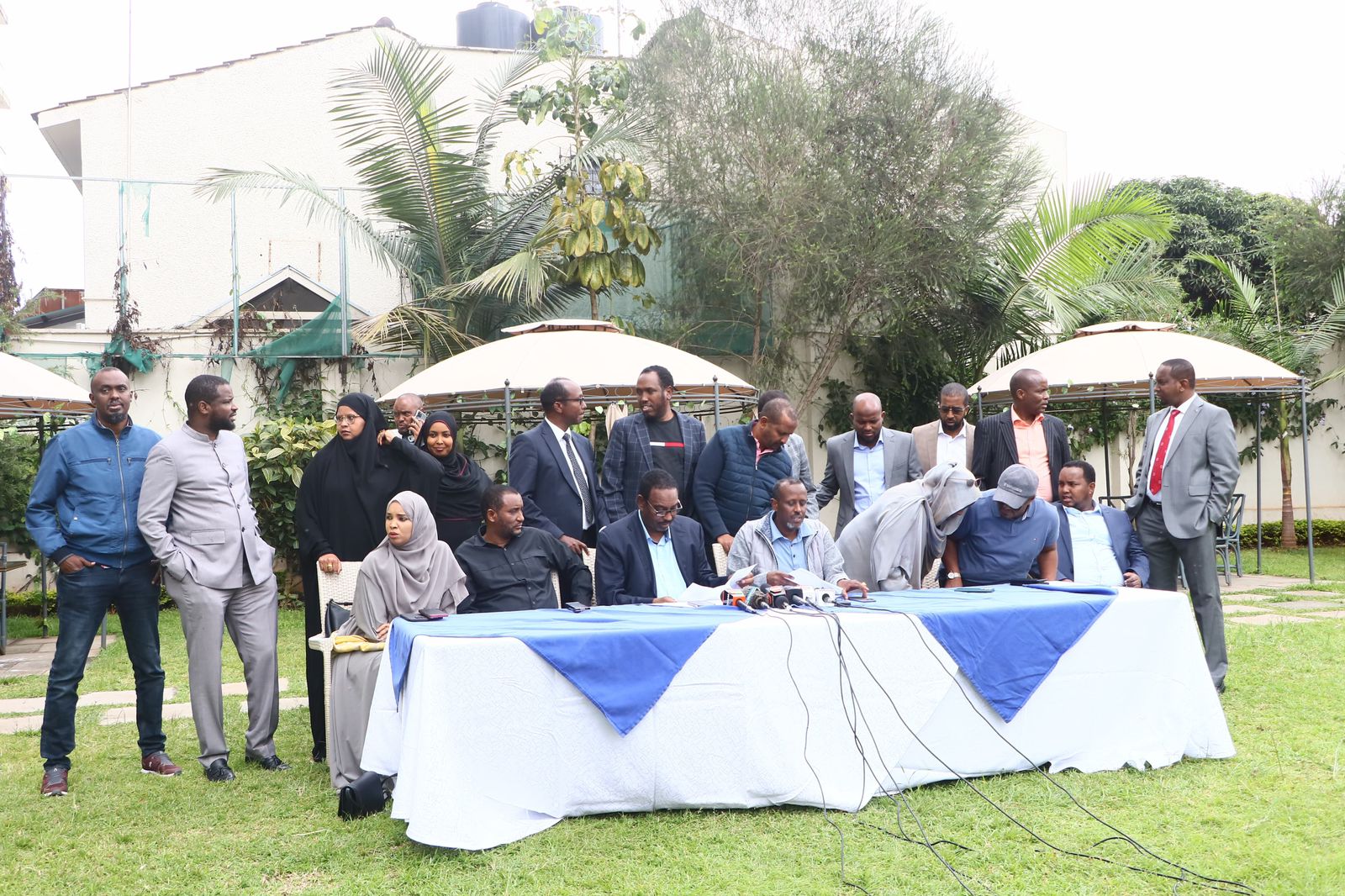Kenya Veterans for Peace condemn British Army's alleged misconduct in Kenya
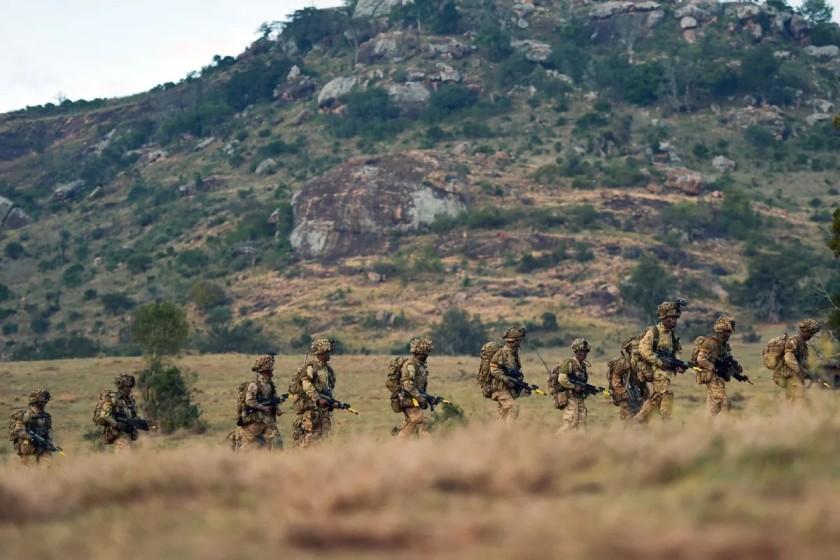
By Mwangi Maina |
This comes as the National Assembly Defence Committee probes the conduct of the BATUK, following claims of breaching operational integrity, abuse of power, torture, killings, and other human rights violations.
Kenya Veterans for Peace (KVP) has issued a powerful condemnation of the British Army Training Unit Kenya (BATUK) for alleged misconduct and human rights violations in the country, amid a public inquest.
KVP, registered under Societies Act Cap. 108 of the Laws of Kenya and headquartered at Nyayo House in Nairobi, is made up of retired military personnel across all branches of the Kenya Defence Forces (KDF).
Keep reading
- Lawyers petition High Court to bar Ruto from assenting to Finance Bill
- National Assembly approves military deployment to help quell anti-tax protests
- EU council gives Sh2.7 billion in first assistance measure for KDF
- General Kahariri begins tenure with focus on soldier welfare, enhancing defence capabilities
It has a proud history of significant contributions to United Nations (UN) and African Union (AU) peacekeeping, peacebuilding, security operations, anti-human trafficking efforts, climate change initiatives and development programmes.
These efforts have led to substantial outcomes in restoring peace, security, human dignity, community empowerment, and development both locally and globally, aligning with the Sustainable Development Goals (SDGs).
Appearing before the National Assembly Defence, Intelligence and Foreign Relations Committee, the veterans outlined several concerns about alleged ethical breaches and misconduct by British soldiers, painting a disturbing picture of the behaviour of some troops stationed in Kenya.
One of the allegations was that British soldiers frequently patronised public entertainment joints in Nanyuki, often resulting in confrontations and fights with other revellers.
"British soldiers patronise public entertainment joints and have at times been reported to have had confrontations with other revellers, which at times result in fights," read a confidential letter issued on June 12 by Executive Director Nelson Sechere.
It added, "There have been some reported cases of injuries to women within or outside the British camp."
More troubling were reports of injuries to women within or outside the British camp and incidents of sexual misconduct that led to unwanted pregnancies.
Investigations
KVP pointed out that violations of the code of conduct by British soldiers, some of which were serious, were often not investigated by either local authorities or the British army leadership.
Sechere said that this lack of accountability left victims without justice and raised serious concerns about oversight and discipline within BATUK.
Additionally, the KVP raised concerns about human rights violations, including mistreatment, torture, unlawful detention, and killings.
It stressed that British soldiers who break laws within Kenya should be treated like any other criminals, and called for the Defence Cooperation Agreement to clearly outline procedures for handling such cases.
The veterans further urged law enforcement to compile a comprehensive record of all victims, both past and recent, to ensure justice is served.
They also highlighted significant issues regarding BATUK's operational integrity, particularly regarding safety protocols and compliance with legal requirements.
They pointed to the problem of unexploded ordnance (UXOs) left behind by British soldiers, which are scattered across various training areas in Samburu, Laikipia, and Isiolo. These UXOs, classified as dangerous explosives under the Ottawa Convention, pose a significant danger to local communities.
The KVP wants to know the number of people who were either killed or maimed by these unexploded bombs and has urged compensation from the British government for these incidents.
Recommendations
The KVP made several recommendations to address the issues raised, among them a review of the Defence Cooperation Agreement between Kenya and Britain to address complaints against British soldiers.
It also recommended the implementation of protection measures for women and young girls who are at risk of abuse by British soldiers.
Further, the KVP stressed the need for British officers to be held accountable for the misconduct of their troops and suggested that the soldiers seek alternative training locations outside Kenya due to the growing population and pressure on land use in traditional training areas.
The KVP also highlighted the environmental damage caused by the British troops, such as grass and forest fires and the killing and maiming of wildlife, and recommended prohibiting their relocation to private foreign-owned ranges in parts including Laikipia.
It also called for provisions under the law to allow the host country to prosecute British Army offenders for serious criminal offences while ensuring the BATUK leadership deals summarily with minor offences related to the Kenyan public, deports the offenders, and informs the Kenyan government accordingly.
Public inquest
KVP's latest statement arose in the context of an inquiry into the BATUK's conduct.
The National Assembly Defence Committee is probing the conduct of the BATUK, following claims of breaching operational integrity, abuse of power, torture, killings, and other human rights violations in its areas of operation in Laikipia and Samburu counties.
The BATUK has two barracks: Nyati at the Laikipia Air Base in Nanyuki and Kifaru, a rear base, a logistical hub at the Kahawa Barracks in Nairobi, and operating bases at the Archer's Post in Samburu and Lolldaiga in Laikipia.
The inquiry followed allegations of corruption, fraud, discrimination, and abuse of power within the unit, as well as mistreatment, torture, unlawful detention, killings, and violations of internationally recognised human rights standards.
It resulted from the filing of a memorandum by the Laikipia County Government, the Kenya National Chamber of Commerce and Industry (KNCCI), the Kenya National Human Rights Commission (KNHRC), victims of the alleged atrocities, University of Nairobi lecturer Isaiah Ndung'u Mwaniki, a boda boda riders' representative, and locally engaged civilians.



